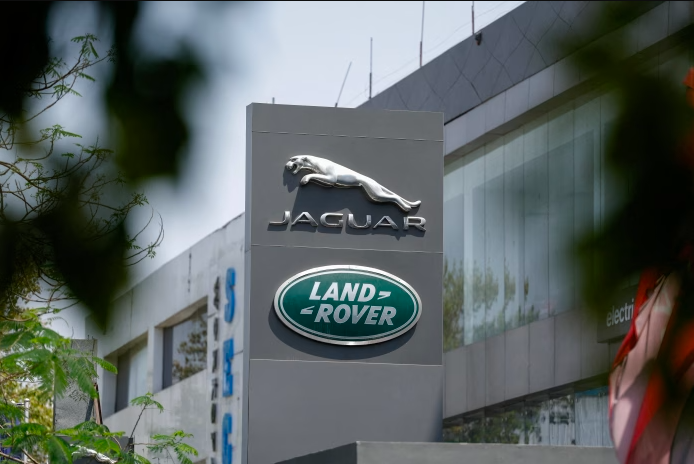Jaguar Land Rover (JLR) has been forced to suspend operations across its major UK plants after a serious cyberattack crippled its IT infrastructure. The disruption, now stretching into its third week, has left factories in Solihull, Halewood, and Wolverhampton idle and raised urgent questions about the resilience of one of Britain’s most iconic manufacturers.
Analysts estimate the pause is costing JLR around 1,000 vehicles a day, or roughly £70 million in lost revenue daily. Should the situation persist, the company could face losses exceeding £3.5 billion in turnover and hundreds of millions in profits. The attack has also disrupted dealerships, delayed customer deliveries, and placed significant strain on suppliers who depend on steady orders.
While JLR has confirmed that some corporate data has been affected, it has not clarified whether customer or supplier information has been compromised. Cybersecurity specialists suggest ransomware may be to blame, though no group has yet claimed responsibility. The company has begun a forensic review and is working towards a controlled restart of operations.
The timing could not be worse for JLR. The company is in the middle of its Reimagine strategy, a multibillion-pound push into electric vehicles. Any prolonged delay risks slowing EV launches and weakening JLR’s competitive edge in an industry already undergoing rapid transformation.
For the wider automotive sector, the attack underscores the escalating risks of digital disruption. As supply chains and production systems become increasingly reliant on IT networks, the line between cyber risk and operational risk is disappearing. Manufacturers can no longer treat cybersecurity as an afterthought.
JLR has extended its shutdown until at least 24 September 2025. But with uncertainty still surrounding the scale of the breach, the road to recovery looks long and complex.
